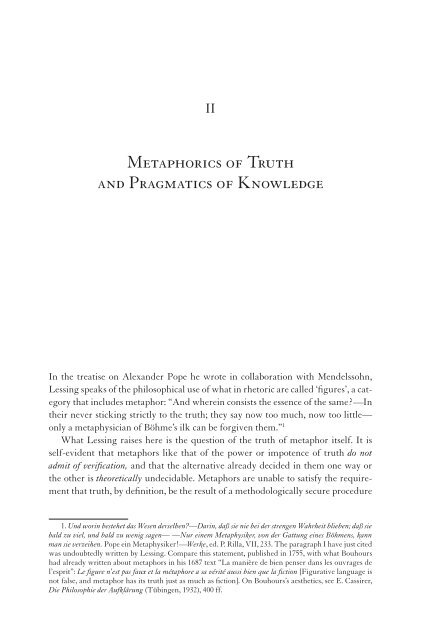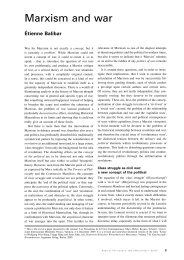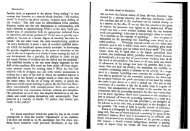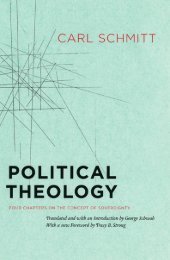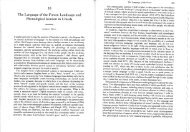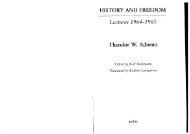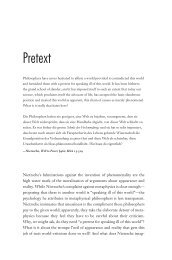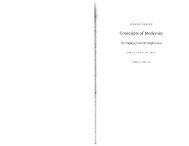Paradigms for a metaphorology.pdf - Townsend Humanities Lab
Paradigms for a metaphorology.pdf - Townsend Humanities Lab
Paradigms for a metaphorology.pdf - Townsend Humanities Lab
You also want an ePaper? Increase the reach of your titles
YUMPU automatically turns print PDFs into web optimized ePapers that Google loves.
II<br />
Metaphorics of Truth<br />
and Pragmatics of Knowledge<br />
In the treatise on Alexander Pope he wrote in collaboration with Mendelssohn,<br />
Lessing speaks of the philosophical use of what in rhetoric are called ‘figures’, a category<br />
that includes metaphor: “And wherein consists the essence of the same?—In<br />
their never sticking strictly to the truth; they say now too much, now too little—<br />
only a metaphysician of Böhme’s ilk can be <strong>for</strong>given them.” 1<br />
What Lessing raises here is the question of the truth of metaphor itself. It is<br />
self-evident that metaphors like that of the power or impotence of truth do not<br />
admit of verification, and that the alternative already decided in them one way or<br />
the other is theoretically undecidable. Metaphors are unable to satisfy the requirement<br />
that truth, by definition, be the result of a methodologically secure procedure<br />
1. Und worin bestehet das Wesen derselben?—Darin, daß sie nie bei der strengen Wahrheit blieben; daß sie<br />
bald zu viel, und bald zu wenig sagen— —Nur einem Metaphysiker, von der Gattung eines Böhmens, kann<br />
man sie verzeihen. Pope ein Metaphysiker!—Werke, ed. P. Rilla, VII, 233. The paragraph I have just cited<br />
was undoubtedly written by Lessing. Compare this statement, published in 1755, with what Bouhours<br />
had already written about metaphors in his 1687 text “La manière de bien penser dans les ouvrages de<br />
l’esprit”: Le figure n’est pas faux et la métaphore a sa vérité aussi bien que la fiction [Figurative language is<br />
not false, and metaphor has its truth just as much as fiction]. On Bouhours’s aesthetics, see E. Cassirer,<br />
Die Philosophie der Aufklärung (Tübingen, 1932), 400 ff.


